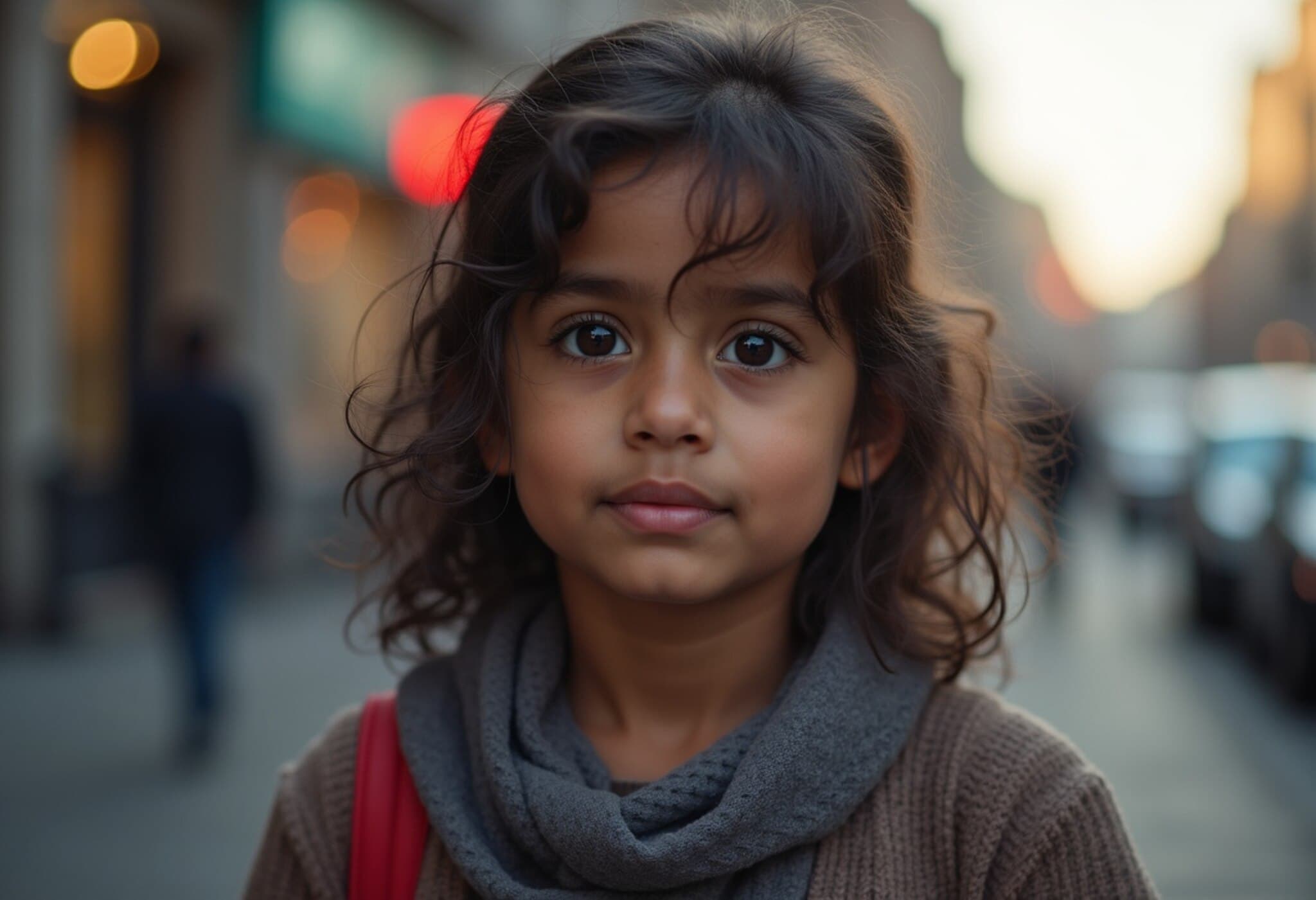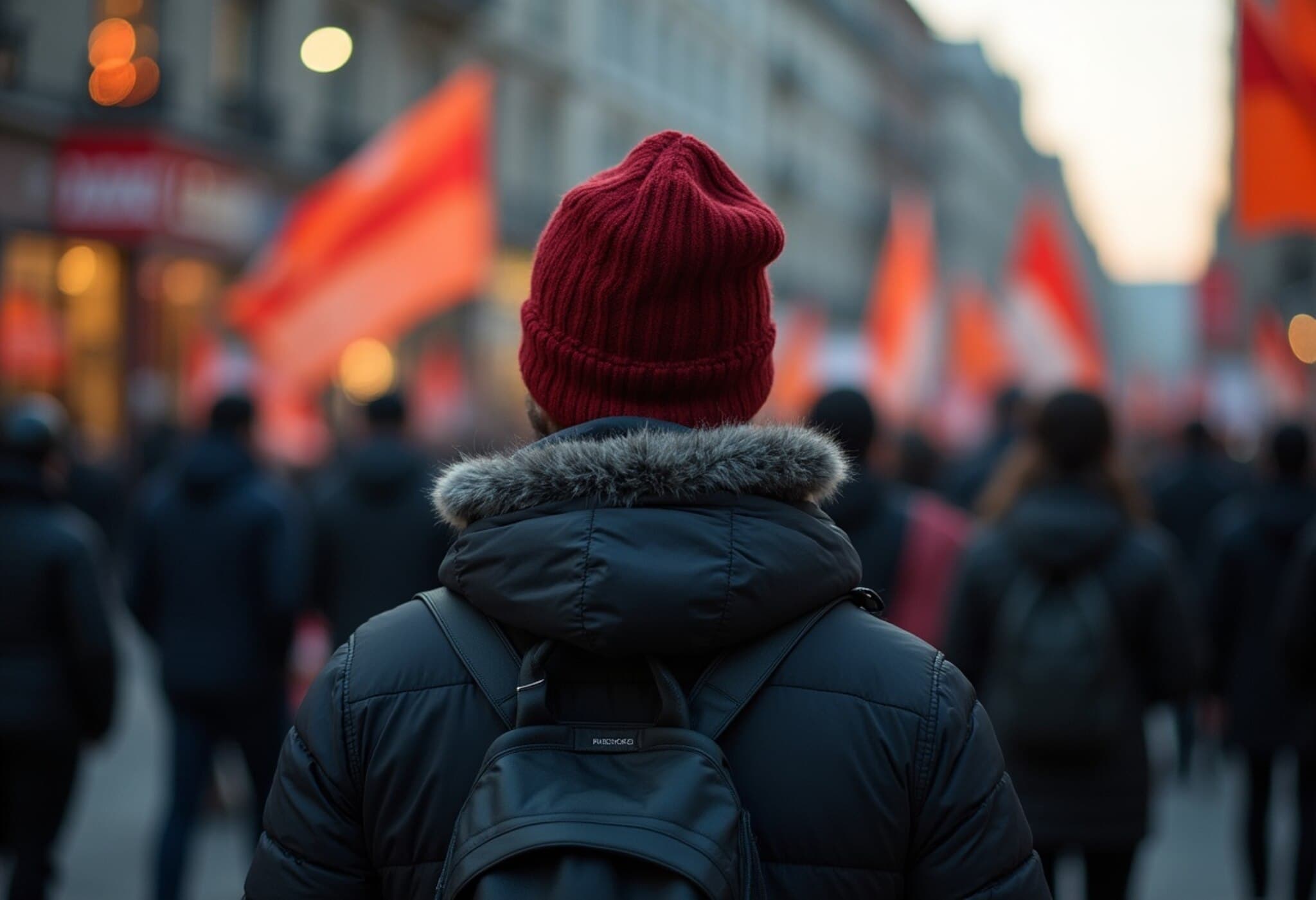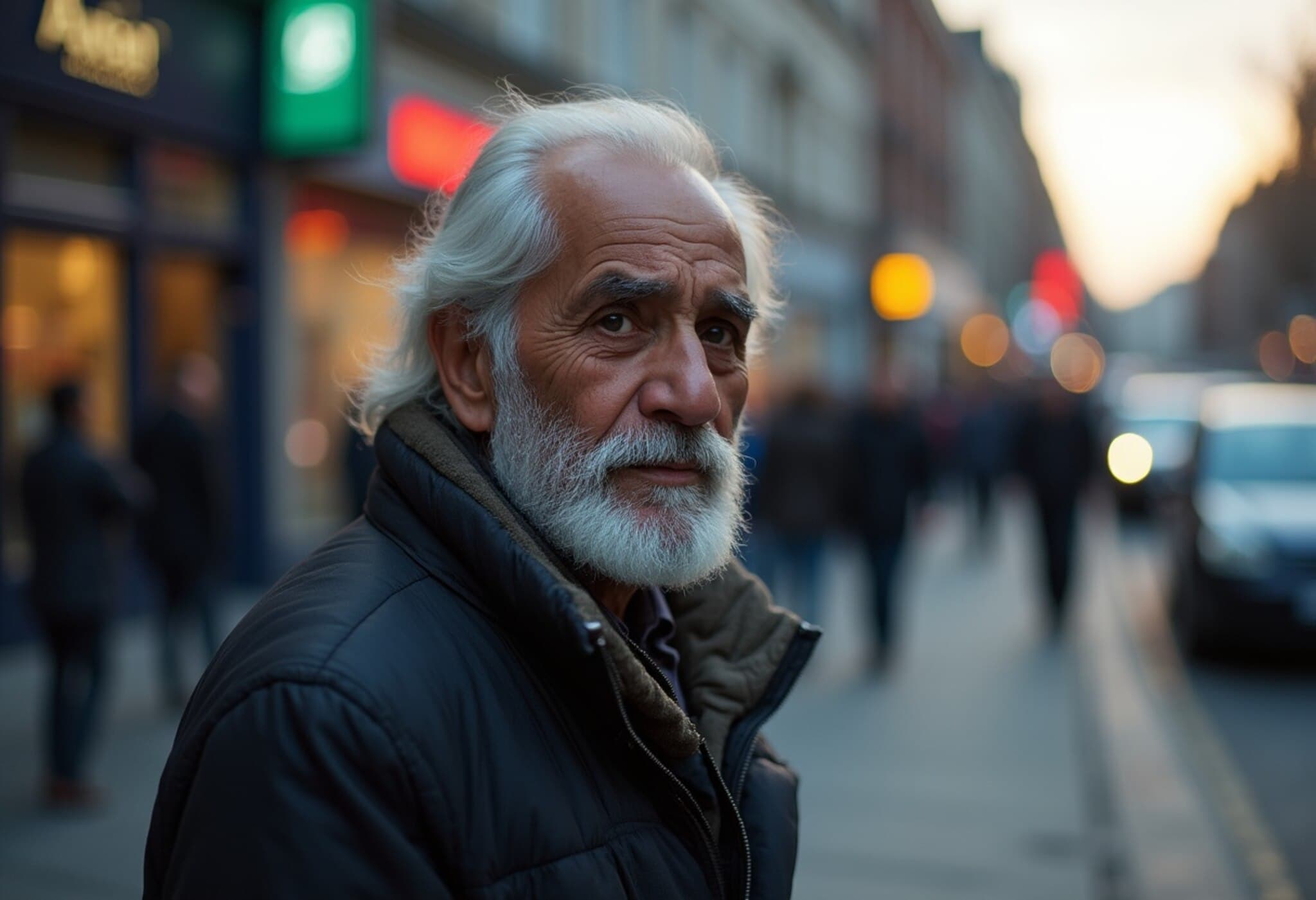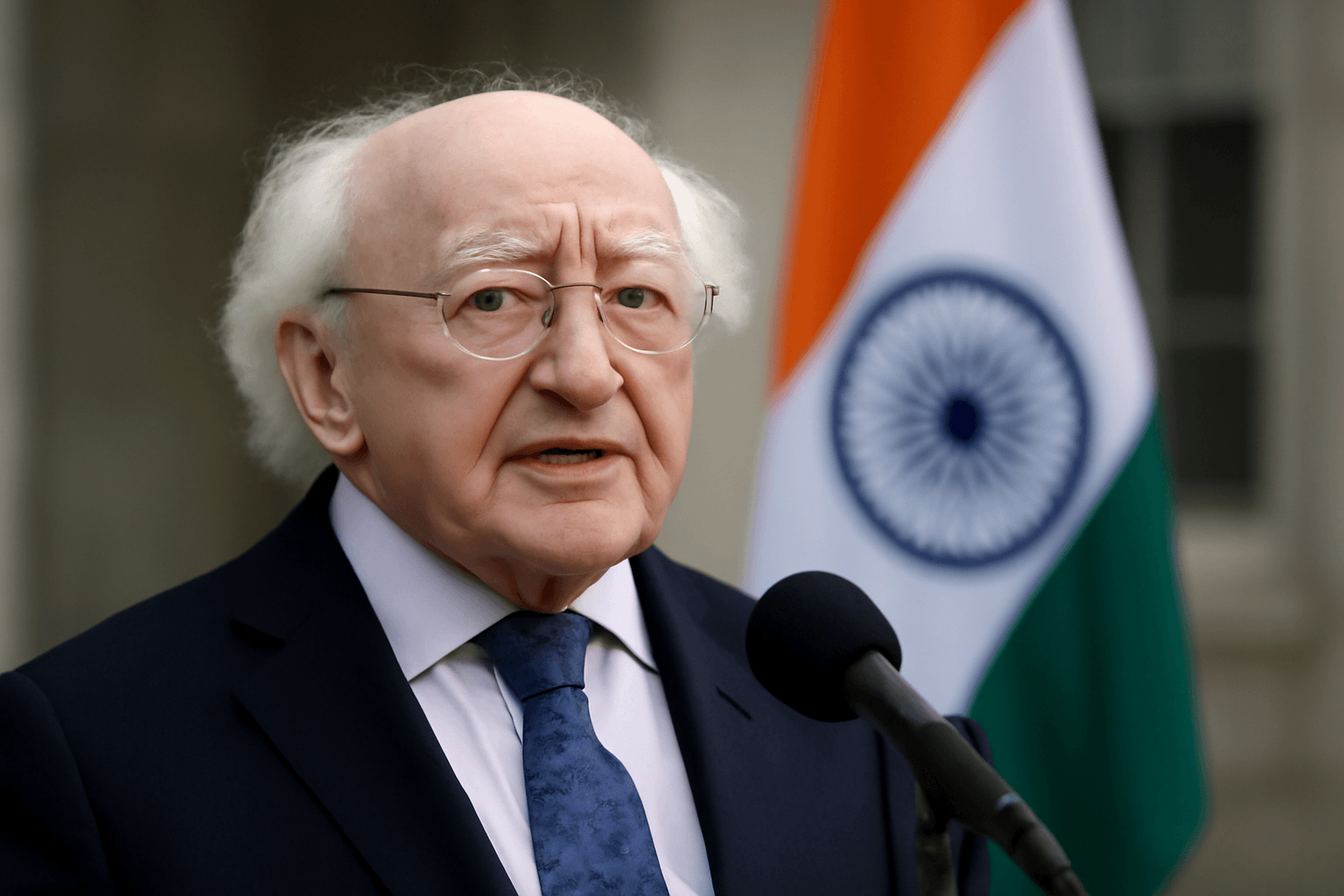Racist Assault on Six-Year-Old Indian-Origin Girl Sparks Concern in Waterford, Ireland
In a deeply troubling incident that has shaken the local community, a six-year-old girl of Indian origin was subjected to a brutal assault by a group of children outside her home in Waterford, Ireland. The attack, which reportedly included physical violence coupled with racial slurs, highlights a disturbing rise in racially motivated attacks targeting the Indian diaspora in Ireland.
Details of the Assault and Immediate Aftermath
The incident occurred on a Monday evening in the Kilbarry area of Waterford City. According to the girl’s mother, Anupa Achuthan, the child was playing outside when she was attacked by a group comprising one girl about eight years old and several boys aged between 12 and 14. The attackers allegedly punched the girl in the face multiple times and struck her in her private areas using a bicycle wheel, while hurling hateful chants such as “go back to India” and derogatory language.
Ms. Achuthan described the moment with palpable anguish, saying, "I had never seen my daughter like that. She couldn’t even speak. Her young friends were too upset to explain what happened at first. It was a terrifying scene." The mother, an Indian-origin woman who has lived in Ireland for approximately eight years and recently became an Irish citizen, has formally lodged a complaint with the Gardaí (Irish police).
Mother’s Hope for Healing Over Retribution
While the gravity of the assault is undeniable, Ms. Achuthan expressed a compassionate stance regarding the young perpetrators. Rather than demanding punitive measures, she advocates for counseling support to address the underlying prejudices and behavioural issues behind such acts of bullying and racial hatred.
Wider Context: Surge in Racist Incidents Against Indians in Ireland
This harrowing event is not isolated. Ireland has recently witnessed an alarming increase in racially charged violence against Indian nationals and people of Indian origin. Earlier incidents include the brutal beating of Santosh Yadav, a senior data scientist, near his Dublin apartment: six teenagers attacked him, causing serious injuries including a fractured cheekbone. In another case, an Indian man in his 40s required hospitalisation after suffering injures in what local authorities described as "mindless, racist violence" in Tallaght, Dublin.
These incidents have raised significant concerns among the Indian community in Ireland, prompting the Indian Embassy in Dublin to issue advisories urging vigilance and caution. The embassy’s statements underscore the need for increased community engagement and proactive measures to combat racism.
Expert Commentary: Understanding the Roots and Road Ahead
Dr. Meera Patel, a sociologist specializing in migration and integration studies, remarks, "These attacks are symptomatic of deeper social fractures and a lack of cultural sensitivity in some segments of society. Addressing such hatred requires comprehensive community programs, educational reforms, and strong law enforcement responses. Ireland’s evolving multicultural landscape offers an opportunity to foster inclusivity, but these incidents remind us there is much work ahead."
Moreover, from a policy perspective in the US and Europe, hate crimes often correlate with socio-economic stresses and migration debates. Stronger anti-hate crime laws, coupled with enhanced support services for victims and community awareness campaigns, are crucial. For immigrant families, incidents like the assault of this young girl not only cause immediate trauma but also sow lasting feelings of vulnerability.
Moving Forward: Calls for Community Dialogue and Support
- Greater police-community outreach to build trust and encourage reporting of hate incidents.
- Investment in anti-racism education programs in schools and public spaces.
- Adequate counseling and mental health support for victims and even perpetrators to address underlying issues.
- Active involvement of local governments and diaspora organizations to promote harmony.
This distressing assault on a child serves as a stark reminder of the challenges immigrant communities still face, even in countries known for tolerance and diversity. The response from authorities and society at large will be crucial in shaping Ireland’s future as a safe and welcoming place for all residents.
Editor’s Note
While the incident in Waterford highlights an urgent need to address racism in Ireland, it also opens a broader conversation about childhood safety, community cohesion, and how societies integrate diversity. We must ask ourselves: How can nations better educate their youth against hatred? What role should schools, families, and law enforcement play in preventing racially motivated violence? Ultimately, empathy and proactive dialogue remain the strongest tools against the rising tide of intolerance.










